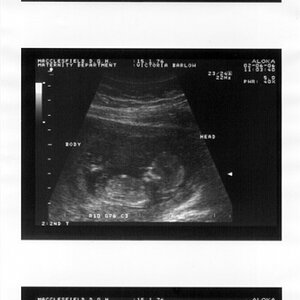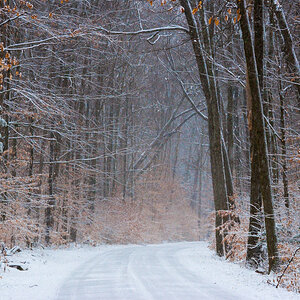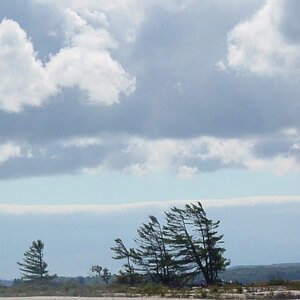NewHampshireMan
TPF Noob!
- Joined
- Mar 30, 2015
- Messages
- 3
- Reaction score
- 1
- Location
- New Hampshire
- Can others edit my Photos
- Photos OK to edit
Does anyone have any tips for a young photographer? I just recently took interest in photography and quite honestly I have no clue what I'm doing! This past summer I picked up my parents Nikon D70 camera and went out to take pictures with no idea on what I was doing, and needless to say I took an interest in photography. At this point I know very little besides the fact that I'm just "taking pictures." If anyone has any tips on want to look for when I go out and shoot, please let me know. It's a vague thread, I know, but I just need help on where to even start! Anything is helpful at this point.





![[No title]](/data/xfmg/thumbnail/37/37624-7f9c9a5c8c7bcb5e62f67313e2e48dbc.jpg?1619738153)
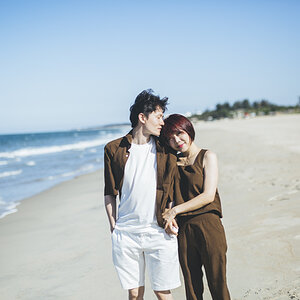
![[No title]](/data/xfmg/thumbnail/37/37623-b930ccd802f79b9c9cea990a7a5e5462.jpg?1619738153)
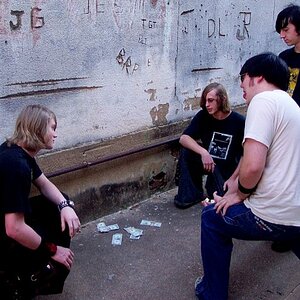
![[No title]](/data/xfmg/thumbnail/32/32950-1cc3896bf614e9412d7fda271f5e63c8.jpg?1619735784)


